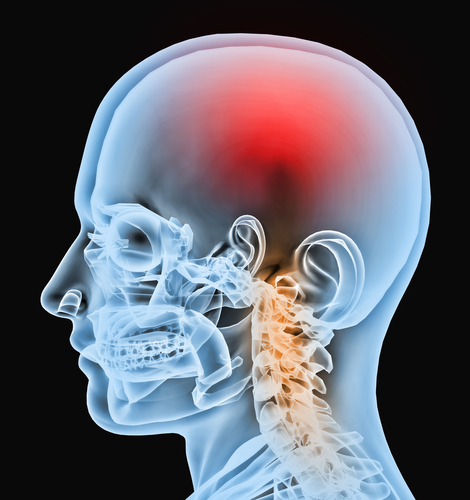Researchers Investigate Vitamin D Impact on ALS Progression in New Study

 A new study entitled “Vitamin D deficiency and its supplementation in patients with amyotrophic lateral sclerosis” suggests that further studies are needed to understand if supplementing Vitamin D in patients with amyotrophic lateral sclerosis is capable of delaying disease progression. The study is published in the Journal of Clinical Neuroscience.
A new study entitled “Vitamin D deficiency and its supplementation in patients with amyotrophic lateral sclerosis” suggests that further studies are needed to understand if supplementing Vitamin D in patients with amyotrophic lateral sclerosis is capable of delaying disease progression. The study is published in the Journal of Clinical Neuroscience.
Amyotrophic lateral sclerosis (ALS) is a progressive neurodegenerative disorder characterized by the death of motor neurons. ALS symptoms at an early phase include muscle weakness, mainly in the arms and legs. Upon motor neuron loss, the brain capacity to control muscle movement disappears, rendering patients immobile, which ultimately leads to their death as vital functions shut down. Patients with other neurodegenerative diseases, such as Parkinson’s disease (PD) and Alzheimer’s were previously studied to determine their Vitamin D benefits. However, understanding the role Vitamin D plays in ALS disease progression hasn’t been studied until now.
The team of researchers wondered whether there was some benefit to ALS patients upon Vitamin D supplementation. The authors measured vitamin D levels in the blood of 37 patients, with a median age of 55 years old, and with signs of ALS or with confirmed ALS diagnosis and determined if any benefit was observed upon Vitamin D supplementation. The study was performed over a 9-month follow-up period. The authors found that ALS patients were more prone to exhibit Vitamin D deficiencies.
Vitamin D supplements were given to 20 patients and ALS progression was compared to the control group (17 patients who did not receive Vitamin D). Patients’ ALS progression was determined with the Amyotrophic Lateral Sclerosis Functional Rating Scale (ALSFRS-R). While the authors observed that a decrease in the ALSFRS-R score was observed in the Vitamin D supplement group at the 9-month follow-up, this improvement was not observed during other periods, namely at month 3 or 6 of the study. Moreover, the added benefit observed at month 9 was lost at 1 year (at month 12).
Thus, while the authors hypothesized that Vitamin D supplementation would be beneficial to ALS patients, they believe that further studies are still needed to establish its benefits. They suggest that this question be clarified with a larger, controlled trial where patients would be followed for longer periods of time.






